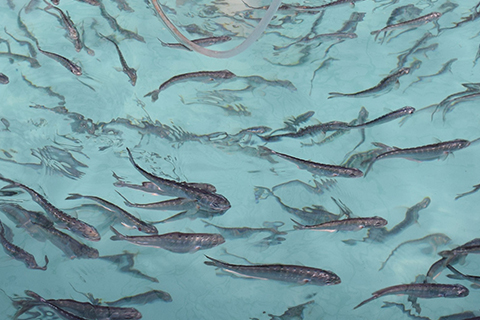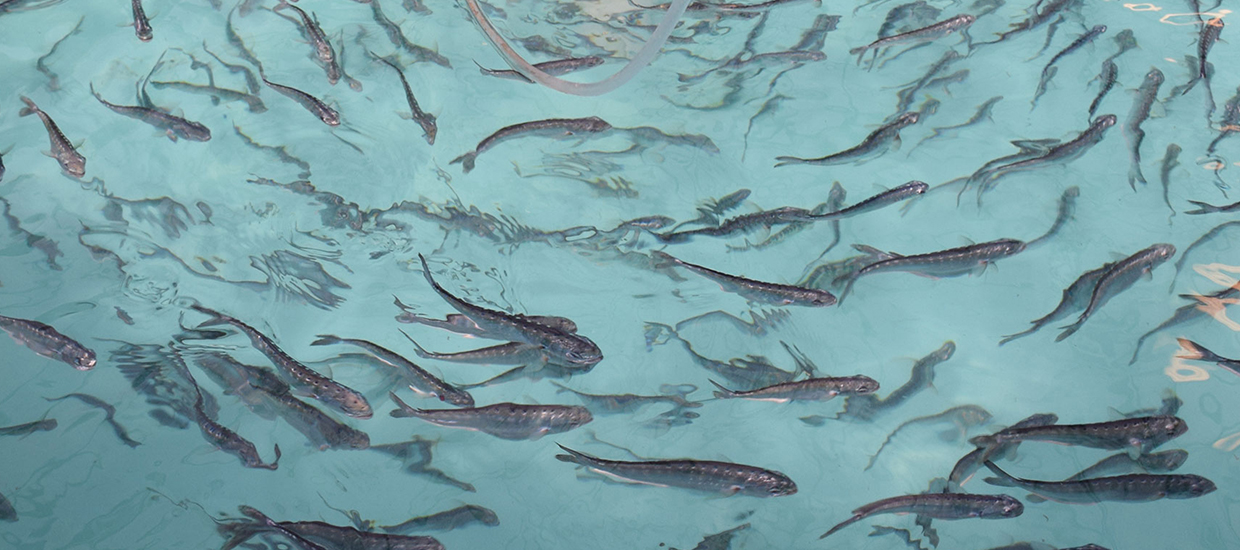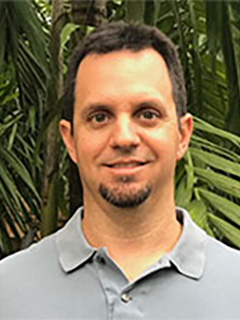Aquaculture provides over 50% of the seafood for human consumption, is the fastest growing sector of food production, and has reshaped the seafood industry and fisheries management strategies worldwide. The Aquaculture MPS track focuses on the environmental, technological, social, economic, legal, and political aspects of sustainable aquaculture. The program covers all stages of planning and development, from site and species selection to feasibility studies, resource evaluation, hatchery and grow-out technology, business and production planning, seafood market and marketing strategies and commercialization. Emphasis is placed on the environmental sustainability of commercially important marine species, including fish, shellfish, and macroalgae.
The program combines extensive laboratory courses with substantial hands-on experiences at the University of Miami Experimental Hatchery (UMEH), working with broodstock, spawning, larval rearing, live feed production, nurseries, and shipping/transport. Furthermore, students have the opportunity to participate in a field course, depending on the semester offered, that allows for intensive experience in commercial-scale marine aquaculture.






